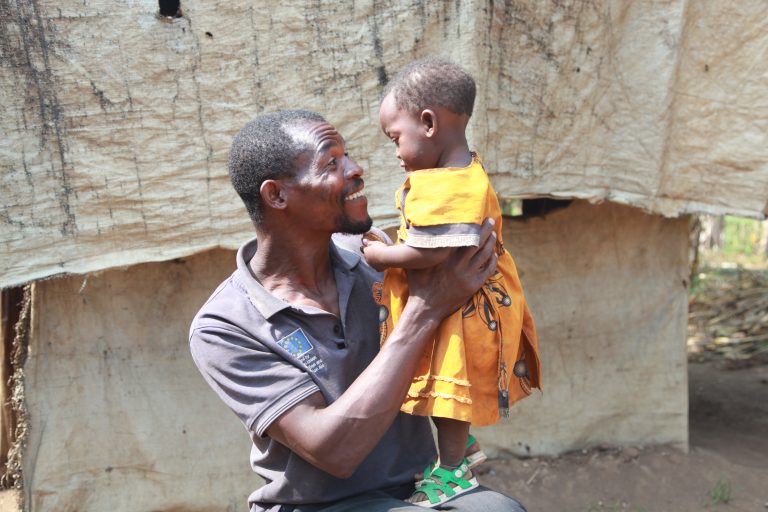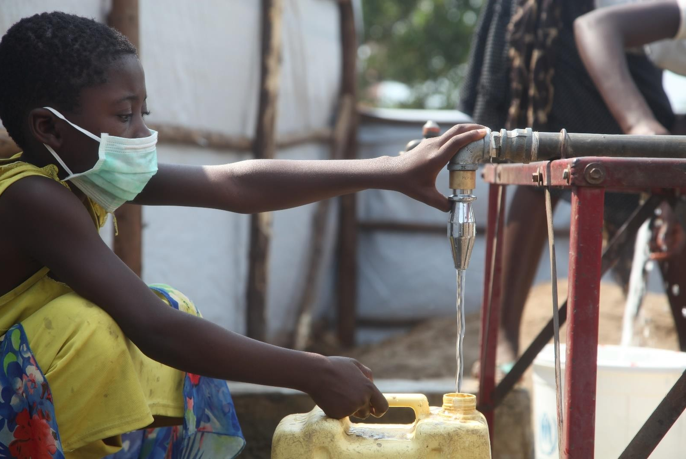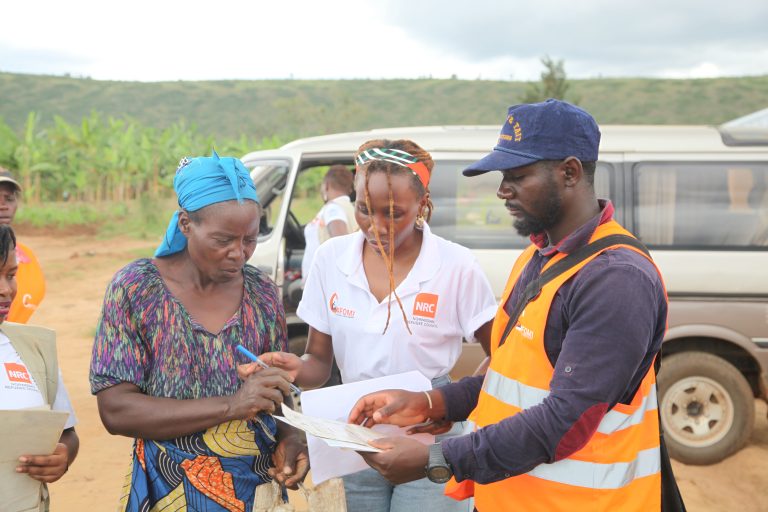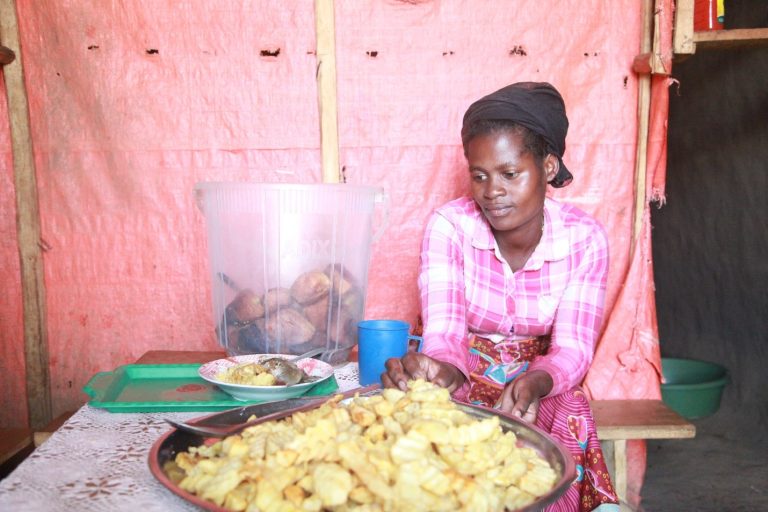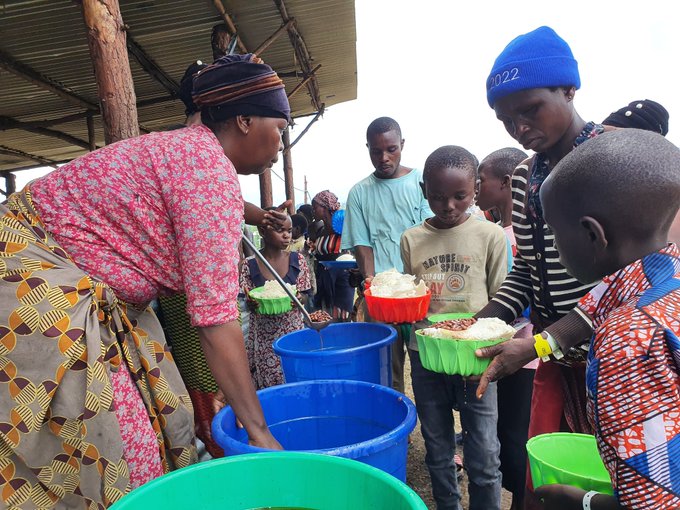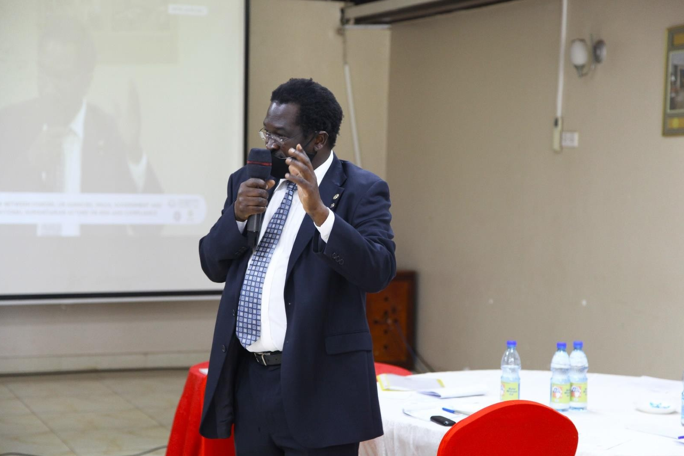Building a brighter future for children in south-western Uganda
In Bundibugyo district, One in every eight (12.5%) of children aged 6-12 years were not in school, according to Uganda Bureau of Statistics (UBOS) in their national population and housing census report.
Care and Assistance for Forced Migrants (CAFOMI) with funding support from the US based Conrad, N Hilton Foundation is promoting access to early childhood development within refugee hosting Districts of Bundibugyo, Kisoro, Ntoroko and Kampala City.
Through the project titled “improved access to quality early childhood education, safe water, and economic inclusion of vulnerable youth in Uganda.” CAFOMI trained caregivers/ Pre-school teachers on child-focused teaching learning methodology, and proper management of Pre-School Education. CAFOMI also plans to provide learning materials and rehabilitate hygiene and sanitation facilities for Early Childhood development (ECD) centres.
During the training, ECD caregivers/ teachers learnt how to use local languages and transition to English, create learning materials from local or low cost materials, dedicating reading time and literacy across subjects, handling of fast and slow learners, pre-school focused teaching and learning methodology, lesson preparations among others.
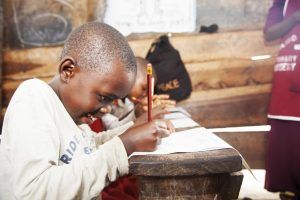
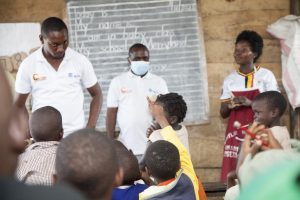
Head teacher at Maryland Nursery and Primary school in Busunga town council, one of the schools that benefited from the programme, Ben Bwambale says that, before the training, most caregivers had limited knowledge about the learning framework for ECD centres, but after the training the teachers can now scheme/ plan for appropriate lessons for children, they now take care to write clear and well-shaped letters for the children, this has improved the writing skills for the children, the children are also able to create learning materials from the local environment.
“We acknowledge the overall support from CAFOMI and partners, the style of teaching has greatly improved at the school since the pupils are more engaged and enjoy learning. We look forward to receiving more support to meet some of the existing gaps including need to increase caregivers/ teachers, need for playing equipment like see-saws and a permanent, bigger space for Maryland nursery and primary school, to enable the school separate nursery and primary section. Bwambale expressed.”
When one looks at the population of school going children in vulnerable communities in Uganda, we are only scratching the surface. Much more needs to be done if we are going to promote access to early childhood education. Education is an absolute priority and it is the most reliable and sustainable solution to empower a new generation who will be responsible for socio-economic development, peace and stability in the region. CAFOMI appeals for more support towards early childhood education in Uganda.
Author is Communications Assistant at CAFOMI.


